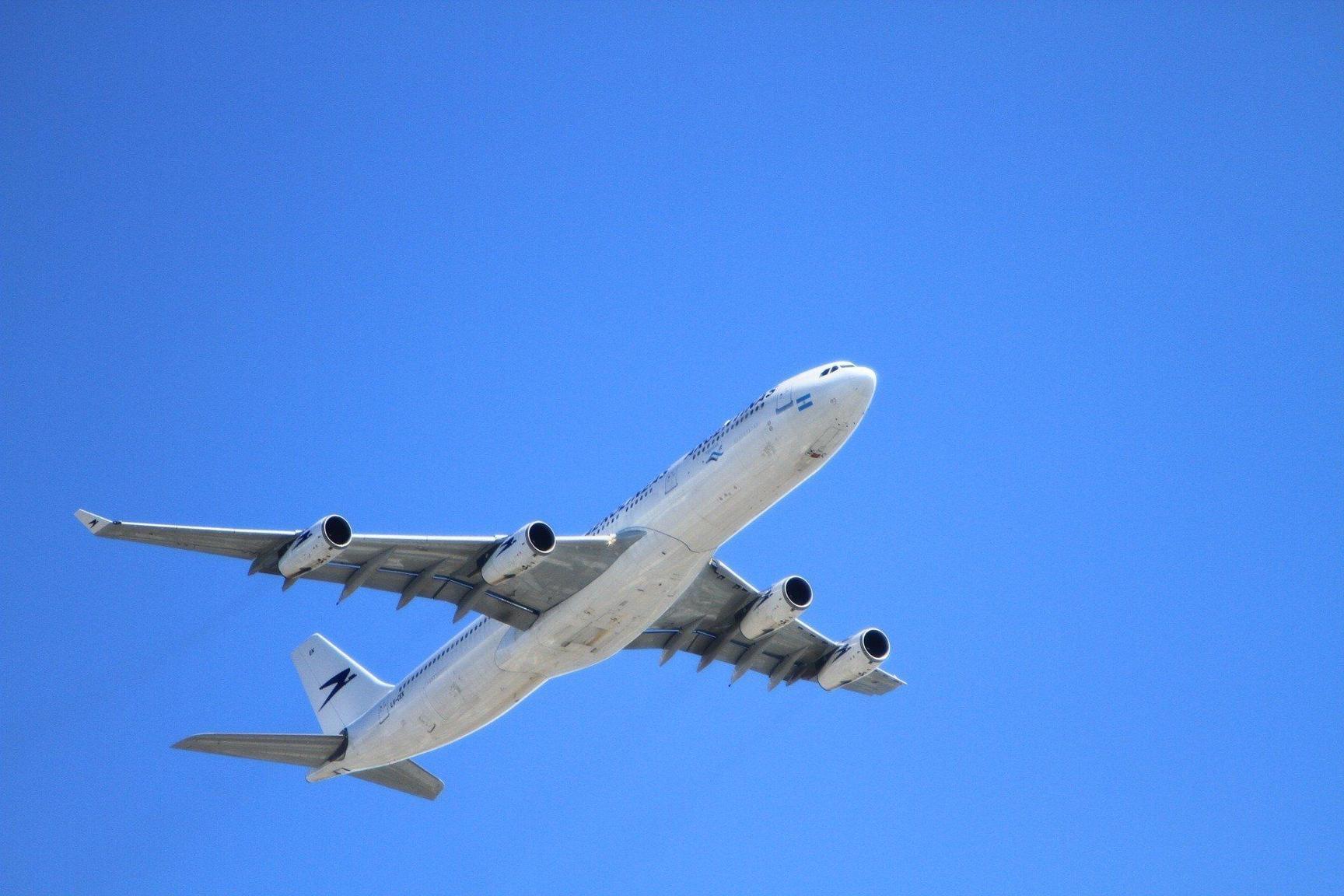Africa-Press – Botswana. In Africa, less than one in five continental airline routes are direct. Air connections are decided by factors like trade levels, diplomatic relations, and whether there’s enough demand to make a route financially worthwhile. Because there are so few direct connections in Africa, getting from one country to another often requires travellers to fly to Europe or the Middle East and transit there. This increases the costs of travel within Africa, and limits tourism and investment flows.
The G20 group of the world’s most powerful economies is led in 2025 by South Africa. One of its top four tourism priorities is promoting modernised air service agreements that allow for direct flights, or seamless travel, between countries. Specialist tourism geographer Kaitano Dube explains why.
Why does air connectivity matter to African countries?
Air connectivity measures how easily people and goods can travel between two places by air. It’s based on the number of destinations served and how often flights operate between them.
Seamless travel within Africa has been a dream for many tourism ventures and tourists for a long time. It was disrupted by the COVID-19 pandemic, but the post COVID-19 recovery of the tourist industry has revealed that people’s desire to travel is undiminished.
Tourism is one of the most resilient economic sectors in the world. In many of the G20 economies, tourism contributes more than 10% of the gross domestic product. The benefits of tourism are skewed, however, in favour of countries with greater air access connectivity.
For example, Africa has a rich natural and cultural heritage by global standards, including world heritage sites. But many key sites, such as Ethiopia’s Simien Mountains National Park, the Ennedi Massif sandstone plateaux in Chad or Mauritania’s Banc d’Arguin National Park, are among the least accessible.
Poor air connectivity stifles economic growth, restricts investment, and keeps millions of people on the margins of the global tourism value chain. Many potential travellers who’d like to travel within Africa today are held back by costs and complexity.
What is South Africa’s G20 presidency doing about air connectivity?
The G20 noted that a coordinated global effort to improve connectivity, particularly for emerging destinations, would open the gates to travellers who are keen to visit places that are off the beaten track. This would spread the benefits of tourism more equitably across Africa.
This is why the South African G20 presidency decided to make seamless connectivity one of its top four priorities for encouraging tourism.
The G20’s tourism working group has been working on ways to promote this and will be releasing a tourism report.
The G20 tourism ministers also issued a declaration that encouraged G20 members to create conditions for seamless air travel.
What would make flying within Africa easier?
There are six key steps that the G20 can take:
Liberalising the skies: This simply means that G20 member states should open air service agreements (the official deals between countries that allow airlines to fly between them). It involves cutting back on limits on routes or flight frequencies and allowing airlines to operate more freely. This would make it easier for airlines to start new routes, set fair prices, and compete with each other. This will give travellers more choice.
Connecting remote areas: Destinations that are not well served by airlines, such as those in Africa, Latin America and south-east Asia, should be linked. This could boost tourism and trade to poorly serviced routes and create jobs and economic opportunities in those areas.
Promoting green aviation fuel and low-emission technologies: This is part of modernising airlines so that by 2050, they meet the Net Zero goal of reducing human-caused greenhouse gas emissions to zero.
Integrating tourism and transport policy: The G20 should motivate that tourism and transport policies across all member states or within countries are integrated. This will reduce the amount of time it takes for airlines to get route permits and reduce operating and licensing costs.
Lowering visa and tax barriers: G20 member states must reduce landing fees, airport passenger tax and other aeronautical fees to make it possible for more people to travel. Visa systems must be also simplified to make it less complicated to travel.
Establishing a G20 Air Connectivity Index to track progress: A global online portal that measures the increase in air connectivity needs to be set up by the G20 member states. This could measure expansion of air routes, costs of flying, greenhouse gas emissions of airlines, and frequency of internal flights within Africa.
How can South Africa use its G20 presidency to make this happen?
South Africa is a bridge-builder for the African Union’s Single African Air Transport Market. This provides a framework for liberalising intra-African skies through creating a unified single air market.
The market hasn’t been fully established yet, partly because of a lack of political will by G20 member states. There are also infrastructure deficits – some countries are battling to develop airports and adequate air navigation systems. Sustaining economically viable national airlines has also been a struggle for African countries.
South Africa must use its position in the G20 to lobby richer countries to provide technical support, investment and international confidence needed by the Single African Air Transport Market. It could have huge positive spinoffs because more routes would be set up, fares would be lower, more tourists would arrive on the continent and Africa’s regions could even work together, using the new airline access, on regional tourism and trade projects.
Research has found that the Single African Air Transport Market has the potential to provide benefits valued at US$1.3 billion in additional gross domestic product and create over 150,000 jobs per year. In other words, a single air market could result in increased tourism and create wealth across the continent through travel, tourism and hospitality.
theconversation
For More News And Analysis About Botswana Follow Africa-Press






